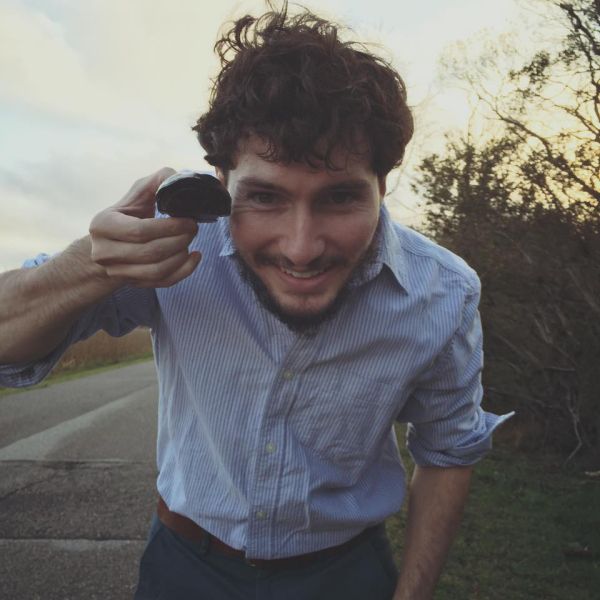Image

-
Aurelio Giannitti
Co-Director, Youth Environmental Action Summit
- ee360 Fellow
Aurelio Giannitti is the Education Director of the Ward Museum at Salisbury University in Salisbury, Maryland. The Ward Museum's education department provides preK-12 environmental education for thousands of local public, private, and homeschool students on Maryland's Eastern Shore. Aurelio places particular emphasis on interdisciplinary approaches, integrating environmental science, and STEM with the fine arts, social sciences, and language arts – through multi-subject field trip lessons to a student art show with an annual environmental theme. Through hands-on action projects and his mentorship of applicants to the MAEOE (Maryland Association for Environmental and Outdoor Education) Green School's program, Aurelio is invested in empowering students to make appreciable impacts for the benefit of their environment – natural and cultural. Aurelio holds a bachelor's degree from Hampshire College in Amherst, Massachusetts with an interdisciplinary concentration in history, anthropology, and social theory. When he isn’t working, he loves reading (thick novels, dry history books, and popular science mostly), watching classic foreign films, playing board games, and enjoying the company of his Bouvier des Flandres puppy, Oxford.
About Aurelio‘s ee360 Community Action Project
Aurelio plans to use his ee360 Fellowship to bring together students, teachers, and community leaders to address community and environmental resilience issues on the Eastern Shore of Maryland. Aurelio is collaborating with Elise Trelegan, another ee360 Fellow, for a multi-part project, the overall goals of which are to increase student involvement in the community, advance environmental literacy, foster empowerment, and nurture civic and environmental stewardship. The first component will be a training for teachers, nonformal educators, and community leaders to provide them with the skills to supervise and encourage student-designed and -directed action projects. Following this initial training, participants will work with groups of local youth to develop action projects addressing issues of community and environmental resilience on Maryland’s Eastern Shore. With proposals ready to go, youth and their project mentors will then gather for a Youth Environmental Summit, where they will learn about and from other successful youth-led projects and one another, alongside presentations by, and networking opportunities with, a host of community organizations, conservation nonprofits, and faith-based groups. Finally, students will present their project proposals to a panel of judges, with top projects receiving funding for full implementation. The funded, completed youth projects would not only go some way to directly engaging in community and environmental resilience issues but would also empower young citizens to create the necessary social structures to face the challenges of the future.